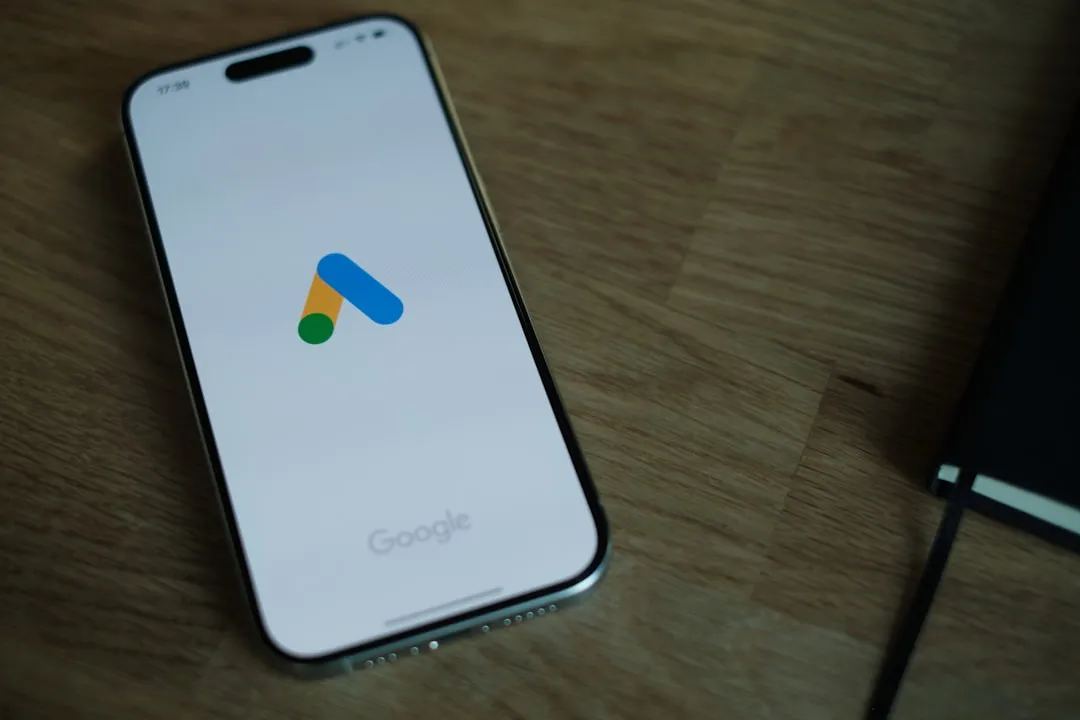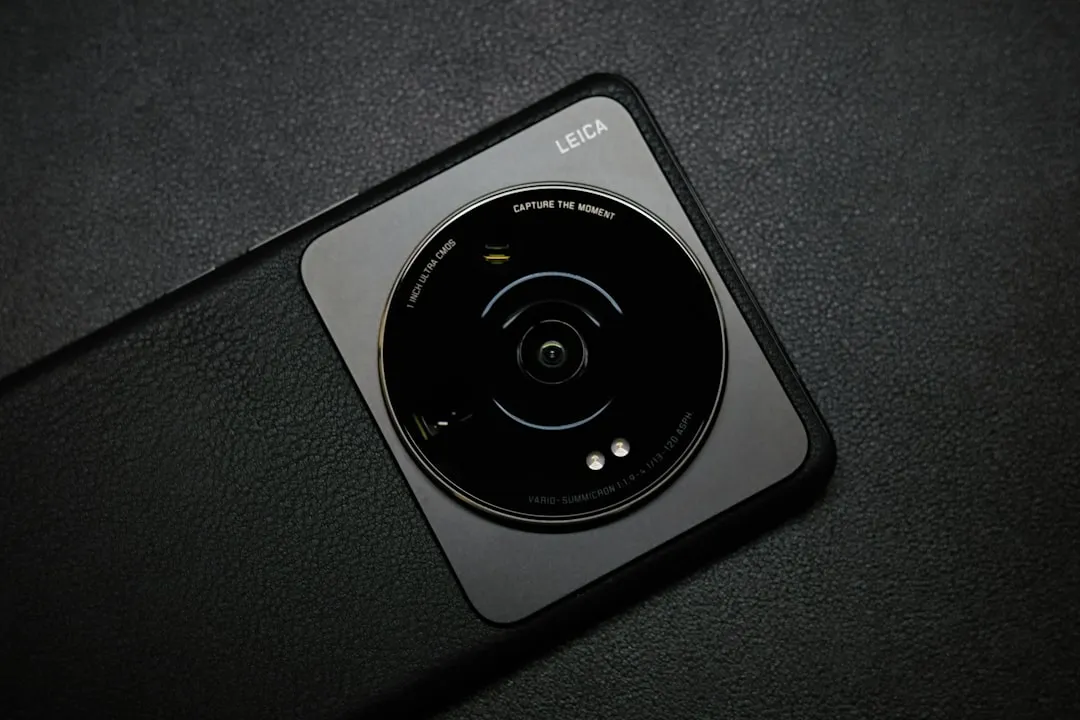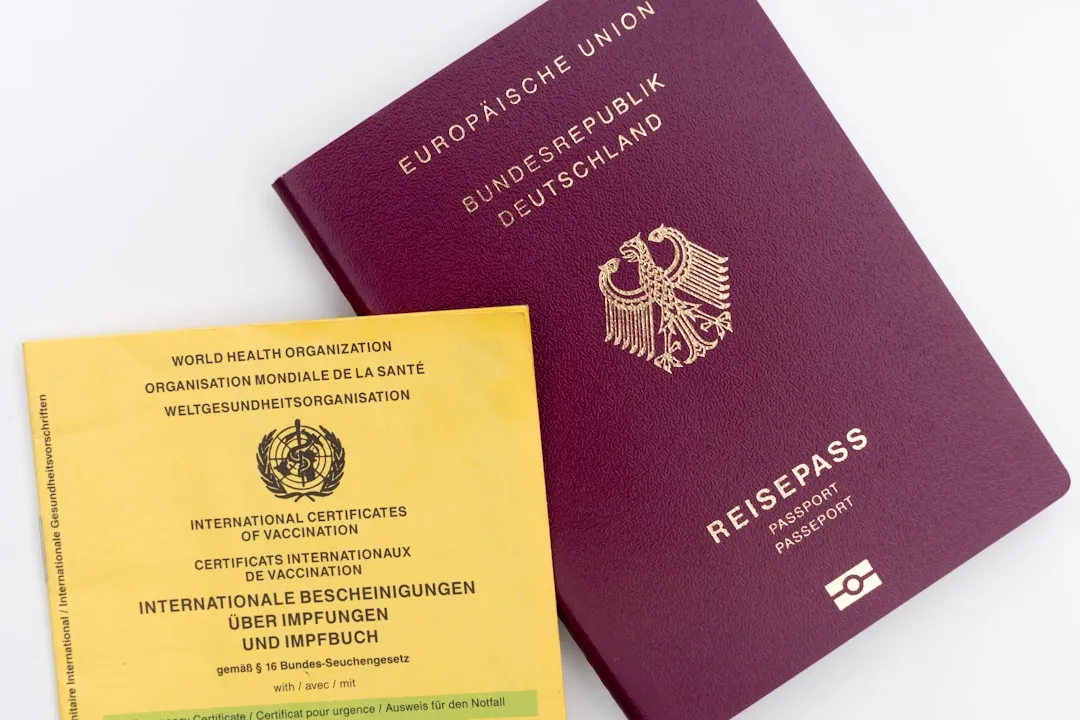Reviewed by Julianne Ngirngir
Picture this: you're trying to find that recipe you looked up last week, so you dive into Chrome's history. But instead of a simple chronological list, you're greeted with something called "Groups" – or was it "Journeys" yesterday? Welcome to Google's never-ending identity crisis with one of Chrome's most useful features.
Currently, finding search results from prior searches requires going to the History option of the Chrome browser, where Google provides search history results in chronological order. But Google clearly thinks there's a better way – they just can't seem to settle on what to call it.
The feature we're talking about clusters related browsing histories, providing a topical organization for easy reference. This isn't just convenient – it fundamentally changes how we think about digital research. Instead of treating your browser history like a diary (chronological and overwhelming), it transforms it into a research library where related discoveries cluster together naturally, reducing cognitive load and preserving the context of your thinking process.
From beta experiment to branded confusion
Let's rewind to 2021, when Google's beta version of Chrome started testing Journeys as a new search feature. The concept was solid: Journeys cluster all the pages you've visited related to your previous browsing history so you can easily view them without sifting through everything chronologically.
Google's cautious rollout strategy reveals something telling about their approach. The current Journeys experiment only grouped history on your device — nothing was saved to your Google account, with Google emphasizing that you can turn off Journeys at any time, and you can easily clear your browsing history right from your Chrome settings. This privacy-first stance likely influenced their conservative naming choices – "Journeys" felt personal and temporary rather than permanently catalogued.
The functionality worked as advertised: Journeys replicate and coordinate related search history, and when you type a related word into your search bar and click on "Resume your research," you see a list of relevant sites you visited. The execution was smart, but naming consistency? Not so much.
The great rebrand that wasn't quite final
Fast forward to 2023, and Google decided "Journeys" wasn't working. According to Chromestory, Chrome's 'Journeys' feature was about to be renamed to 'Groups', spotted through a code change on Chromium Gerrit.
The rebrand seemed straightforward enough: the Journeys section now reads 'Chrome history page organized into groups', and the 'Resume Journey' Omnibox text now reads 'Resume Browsing'. This was locked behind a flag called "Rename History Journeys", suggesting Google was testing user reception before committing fully.
But here's where Google's deeper struggle becomes apparent: how do you describe something that doesn't fit existing mental models? Users understand "bookmarks" and "history" – but what do you call intelligent history clustering? The shift from "Journeys" (metaphor-based) to "Groups" (function-based) suggests Google learned that users needed literal description over poetic naming. Yet even this rebrand didn't stick permanently.
Why the constant shuffling actually matters
You might wonder why a name change matters, but there's more happening here than corporate indecision. Each technical advancement makes the naming challenge exponentially more complex.
From Chrome 126, App-specific history enhances the web experience for users and developers alike, with links from the originating app grouped in Chrome's history, making it easier for users to find and return to a previously visited page. Now your history isn't just clustered by topic – it's organized by how you initially discovered content, creating multiple organizational layers that simple names can't capture.
The underlying technology keeps evolving too. Google is rolling out AI-powered features to desktop Chrome, including a conversational search experience for browsing history. Instead of hunting through lists, Chrome will show the best result below for you to visit when you ask something like "Where was that ice cream shop I looked at last week?"
With each advancement – from basic grouping to app-specific organization to AI-powered search – the original names become inadequate. "Journeys" made sense for personal browsing sessions, but how do you describe AI-orchestrated, cross-app, intelligent history management? No wonder Google keeps rebranding.
What this means for your daily browsing
Here's the practical reality: imagine planning a vacation. You start by researching destinations on your phone via a travel app, continue reading reviews in Chrome, check flight prices on your laptop, and bookmark restaurants on your tablet. Traditional history would scatter these discoveries across devices and chronology. But Journeys take into account how much you've interacted with a site to put the most relevant information front and center, while bringing you helpful suggestions on related searches you may want to try next.
PRO TIP: Want to try whatever Google's calling this feature today? You can find it in your browser History by clicking the three-dot menu button in Chrome. It will first show the List view, which is the old, chronological list, but look for tabs or options that group your history topically.
The bad news is that constant renaming creates real support headaches. Search for help with "Journeys" and you might find outdated advice. Look for "Groups" and you could miss newer documentation that uses different terminology entirely. Google's naming fluidity comes at the cost of user education.
Maybe "Activity" will stick this time?
Sound familiar? Google's messaging apps have gone through similar identity crises – Allo, Hangouts, Chat, Messages – each iteration improving while confusing users about which platform to use. The pattern suggests that when Google can't articulate what makes a feature special, they keep rebranding until something sticks.
But there's a deeper question: does the constant rebranding actually hurt user adoption, or does Google's scale make it irrelevant? Users begin to rely on the seamless journeys between app and Chrome that make the two a helpful destination for multi-session complex tasks, suggesting that utility trumps naming confusion for engaged users.
Maybe the real lesson here isn't about Google's branding struggles, but about how evolving features need evolving names. As Chrome integrates more AI-powered history search and app-specific groupings, perhaps no single name can capture all the functionality packed into what used to be a simple chronological list.
Until Google figures out what to call it permanently, just remember: whatever name appears in your Chrome history menu, it's probably the same helpful feature that groups related sites together. Even if Google can't decide what to call it, at least it keeps getting better at helping you find that ice cream shop from last week.























Comments
Be the first, drop a comment!